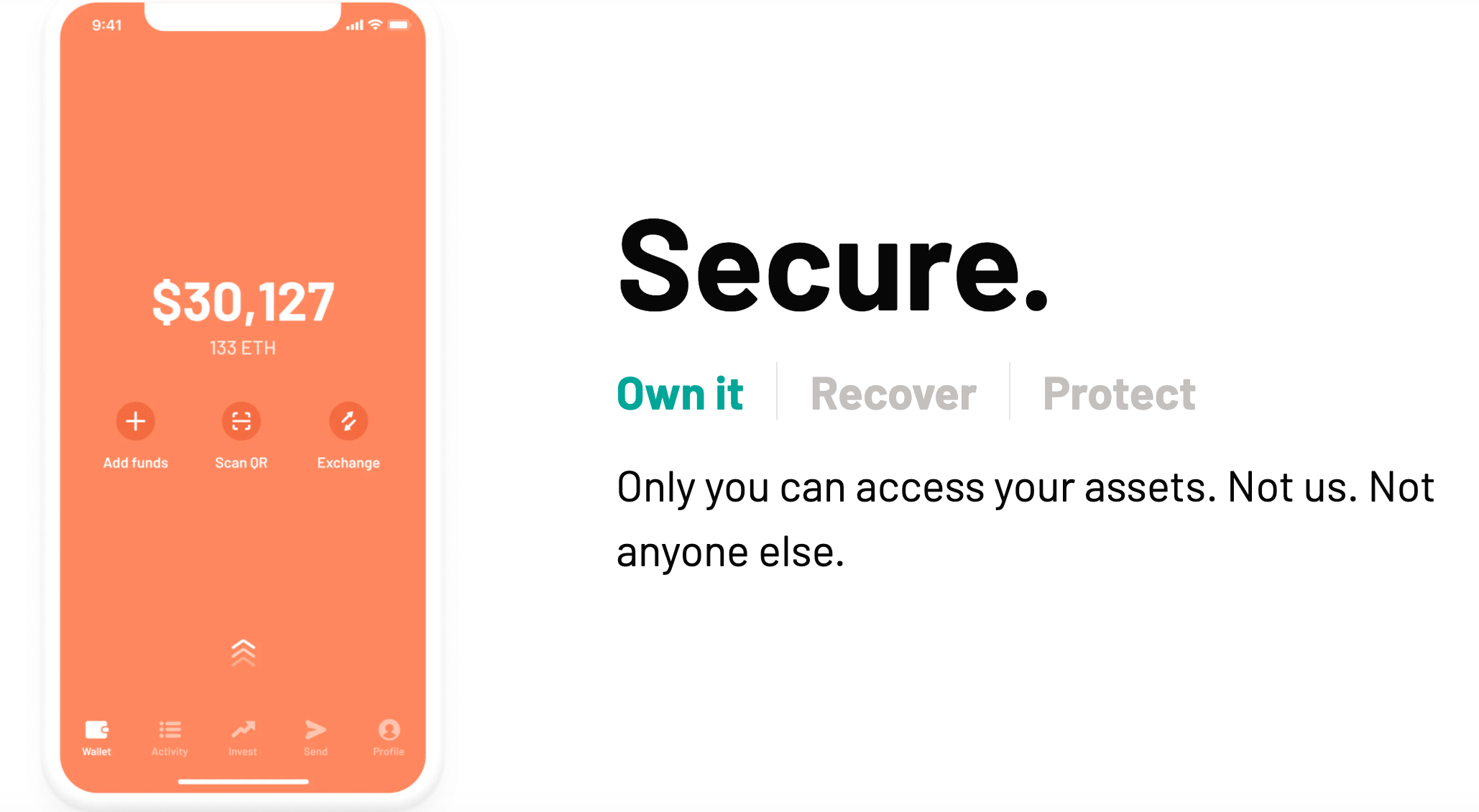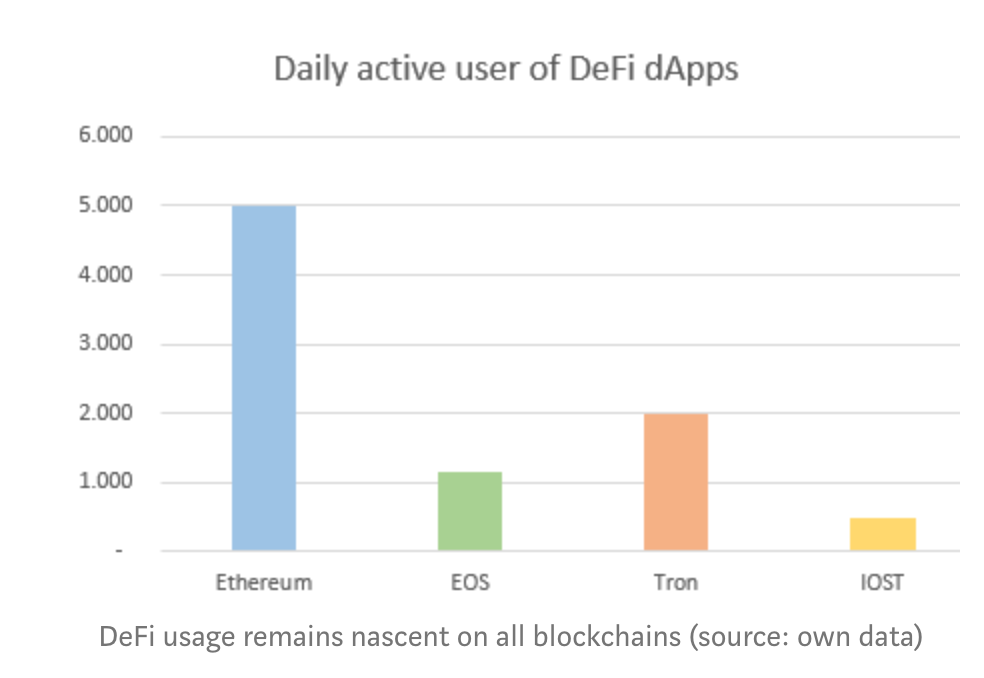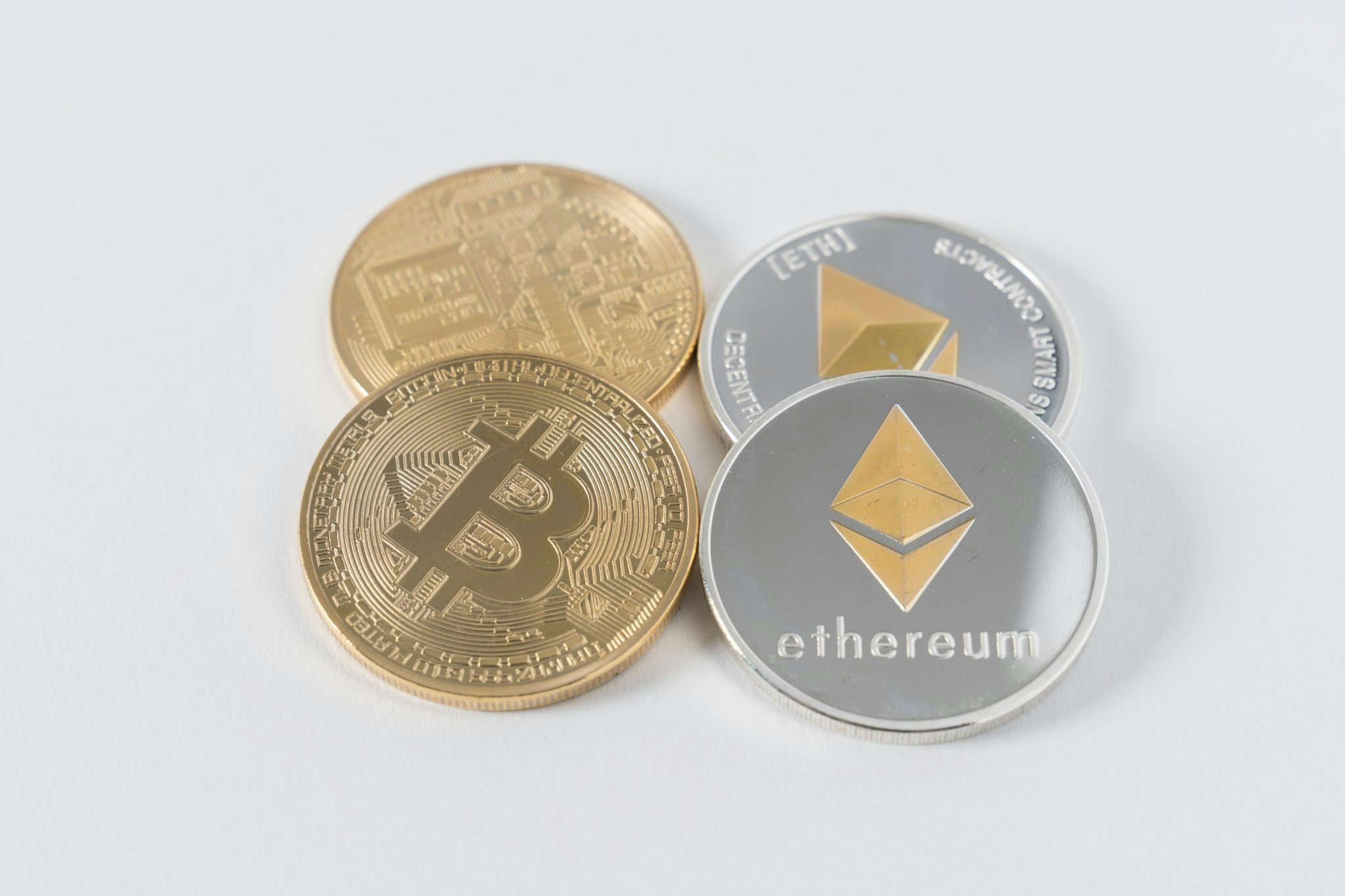Venture capital might not seem like a natural home for those dismantling the financial system.
But some of Europe's largest funds — including Index Ventures, Creandum and Octopus Ventures — are starting to invest in a genre of finance that is ambitiously working to disrupt traditional mediums of monetary exchange, dubbed decentralised finance or 'deFi'.
DeFi startups offer financial instruments like loans, derivatives and interest, but do not rely on banks or traditional currencies; instead, these products use cryptocurrencies. $2.45bn is currently locked into various deFi products spread across a niche group of users, meaning it's still on the fringes of finance.
While US-based VCs like Andreessen Horowitz have dominated the space with their $300m crypto fund, now European funds are starting to dip their toes into the deFi space, says Zihao Xu, a Principal at London-based Octopus Ventures.
“It’s a space that lots of traditional investors find it a bit harder to get excited by because the promise of an open ecosystem is completely intangible — it’s not like faster chips or more efficient pricing engines, where the value is easier to see.”
“But slowly investors are starting to share my excitement about the fact this is an open ecosystem for digital value transfer — something that we’ve never had before," Xu tells Sifted, having recently led investments in two crypto firms — Elliptic and Skew.
There is clearly interest in European startups as well. Sequoia-backed Paradigm's first European investment was London-based Argent, a newly-launched decentralised wallet for Ethereum holdings which allows users to safely control their assets (instead of storing it in a crypto exchange).
"The valuations are better here [in Europe] as there's less money chasing the deals...It’s so competitive in Silicon Valley," says Eric Van der Kleij, a former government advisor on blockchain and founder of the Level39 fintech hub.
"I wouldn't underestimate the UK as a destination for this kind of thing."

Specialised, deFi-focused VCs are also emerging across Europe, including BlueYard Capital, Blockchain Ventures, Libertus, Outlier Ventures and Fabric Ventures.
Collectively, this institutional money is helping fuel an increasingly active European deFi ecosystem and architecture, which includes projects such as DappRadar (an app store for decentralised apps), Aave (lending) and Gnosis (a decentralised token exchange).
The investment thesis
The big idea behind deFi is to create a new decentralised financial system, where payments, trading and the transaction of value happen over new "rails" driven by tokens and peer-to-peer exchanges.
“When these technologies mature, they could take massive market share and maybe replace traditional mediums," explains Van der Kleij, noting that while the deFi space is "very risky" for investors, there is the prospect of immense gains.
“There will be deFi unicorns in the next couple of years," predicts Van der Kleij, highlighting that the handful of winners will be those that can offer their services "in a safe and a sustainable way."
Indeed, safety has already proven an issue; in part a product of its novelty and lack of regulation. One deFi operator Balancer lost $500k in a hack due to a security breach.
Nonetheless, blockchain researcher Etienne Brunet says there are clear benefits to users which could slowly fuel adoption.
"People are starting to be interested in deFi because of the high-interest rate [they] receive if they lend their crypto assets to decentralised pools," Brunet says. "In a traditional exchange model like Coinbase, all the transaction fees are earned by the company — Coinbase. [But] in a decentralised model like Uniswap, the transaction fee is distributed to the traders that provide liquidity and make the product useful."
Other possible future applications of deFi include turning ownership of real, physical assets — like the Shard building in London — into tradable, leveraged tokens.
Blind faith?
Big gambles are part and parcel of being in venture capital. But for some VCs, the leap of faith required for deFi and its futuristic perks is too big.
One problem is that deFi founders are often so dogmatic about how finance is about to be radically reshaped that they can be unrealistic about what it takes to be successful, says Edith Yeung, a general partner at San Francisco's Race Capital.
"I’m a little bit jaded... A lot of the founders are very religious and I’m like ‘no, if you want consumers to use it, you have to be flexible’," she told Sifted, noting that Race Capital "care about crypto a lot" but have been reticent to invest.
Moreover, Yeung highlighted that deFi startups have been slow to take off and often can't answer key queries about revenue and returns.
"It's the same questions for any finance product. What's your go-to-market strategy? User acquisition costs? What’s your pain point? Why you? Why would a customer switch? Just putting decentralised in [front] doesn't answer that," she said, adding that founders' 'religious' commitment to decentralisation isn't shared by the masses.

Indeed, it's very early days for deFi and there are serious challenges ahead that investment alone can't fix. The lack of mass demand means deFi's main supporters today are still primarily made up of a small handful of data-privacy advocates and crypto wizzes, often causing a lack of liquidity in many of the tokens.
Moreover, given deFi is an offshoot of cryptocurrency, its success is irrevocably dependent on the broad adoption — or acceptance — of a scalable token-based economy (specifically, Ethereum).
And even if somebody does manage to launch a widely-popular decentralised product, startups will need to keep abreast of encroaching regulation in this semi-anarchic space. Facebook has already shown how this can be a limitation, after regulators diluted its own foray in the crypto space with its Libra coin.
"Currently, the usability is unintuitive, risk-adjusted pricing is non-existent and the liquidity cannot compete with the centralized alternatives," blockchain professor Philipp Sandner writes, adding however that he remains "bullish" in the long-term.

Fintech vs DeFi?
Argent's chief executive Itamar Lesuisse is something of an exception to the "religious founder" stereotype.
He's "realistic" that his app, which has raised $16m to date, and its crypto-loans are still a long way off being attractive to the average-Joe. He therefore argues that deFi apps (dapps) like his need to focus on creating a helpful, simple, user-friendly platform, rather than relying on the ideology of decentralisation and privacy.
"Products have to be easy to use [for adoption to happen]. And there also has to be an interesting enough use-case," he said. "We can't rely on things being decentralised or private alone. The people who care about that are already using the products."
But Lesuisse said the other issue is the rise of the broader fintech space, which tangentially competes with the decentralised banking system.
"Crypto is bringing users things they couldn't get from traditional services. But there's big competition with fintech. People like TransferWise are making transfers cheap. So now the question is where are the unique advantages for crypto."
Indeed, in many ways, deFi feels like a zero sum game — either the financial system is replaced by a blockchain-based alternative or deFi dwindles as a historic experiment; defunct in the world of fintech-driven upgrades.
But Van der Kleij offers a different perspective. He argues that fintechs and deFi could develop a happy synergy.
“Most of the existing fintech industry relies on traditional rails, [but] if fintech can figure out how to use [deFi rails], that could create a truly globally competitive system...You can see a fintech with millions of customers using a smart contract [a programme used by deFi]," he told Sifted.
Perhaps then, fintech itself is the key to deFi becoming the new financial modus-operandi.
Or, it could be its downfall; cannibalised by a shared mission.



